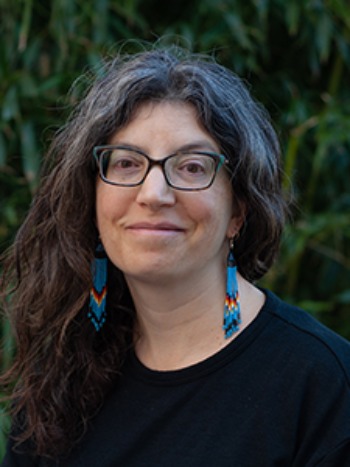Tabitha Hart
 |
Professor
Keywords |
Current Research Activities
What do you do when you are a newcomer in a cultural group, and you must find your way? From the perspective of an ethnographer of communication, one of the most effective strategies you can take is to go from the inside out. Start by immersing yourself in your new cultural environment. Be observant as you participate in daily life, watch what happens, ask questions, carefully document what you see and hear. Most importantly, pay very close attention to people’s communication to inductively learn vital information about the culture, including local norms, premises, rules, symbols, speech acts, and speech events. My current research introduces people to the Ethnography of Communication (EC) and speech codes theory (SCT) approach, an empirically tested interpretive theoretical/methodological toolkit for exploring any culture, broadly defined, from the inside out.
Research Connections to Current Events
Even if we never travel further than our own neighborhoods, all of us will necessarily be cultural sojourners at many points in our lives, faced with navigating new cultural environments. Such moments include leaving high school for college; transitioning from an undergraduate to a graduate program (or going from an MA to a PhD program); starting a new job or joining a new company; moving to a different neighborhood, city, or state; becoming part of a new team, club, organization, family, circle of friends, or any other type of group, whether physical or virtual, online or offline; or undergoing a change in identity or status. In fact, regardless of our age, background, discipline, or experience, we can all anticipate having to find our way in a new culture again and again. For this reason, we can all benefit from having a toolkit to help us (and others) successfully navigate a culture, broadly defined, that we are unfamiliar with.
Personal Connections to Research
My RSCA was born out of my own experience, education, and training in the art of navigating cultures. In between stints of graduate school, I spent roughly seven years teaching English as a Foreign Language (EFL) in places where I was an absolute newcomer, including Japan, the Czech Republic, and Germany. Like my students, I was a foreign language learner attempting to master the mechanics of the languages spoken around me. However, my language teaching and language learning experiences illustrated that simply using the right words or applying the correct grammar wasn’t enough. Without understanding the local unspoken expectations and rules undergirding communication, competency wasn’t possible. This experience inspired me to pursue first an M.A. and then a Ph.D. in Communication Studies, focusing specifically on inter/cultural communication. Along the way I was mentored by a renowned ethnographer of communication who taught me that, with the right tools in hand, any of us can use rigorous, interpretive fieldwork to study communication and understand the different cultures, broadly defined, that we find ourselves part of. One of my objectives as a researcher/practitioner is to put those tools into readers’ hands.
Social Media